Building Trust + Connection with My Students
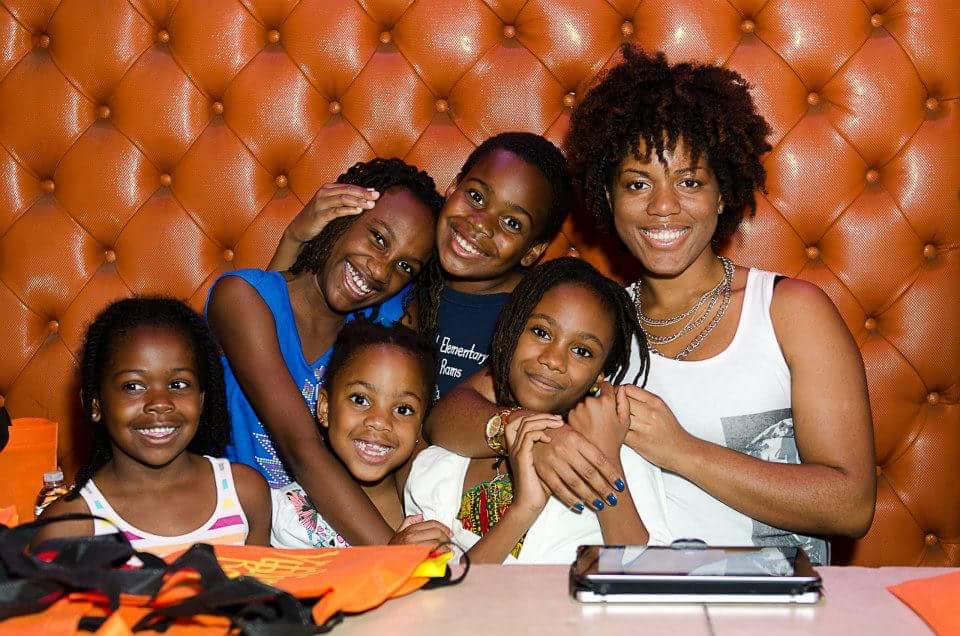
Connecting with young people is a gift of mine. I don’t care how old they are or what their race or background is. And I believe that young people are more open to learning from you when they trust you and feel a connection with you. I don’t want them to just trust me with the subject matter that I’m teaching. I wanna give them what I wish I had: a safe space to ask about…life and whatever aspects of it I was curious about. Although it’s a gift, it’s also technique.
I’ve been blessed to teach students from all backgrounds. I started out volunteering with elementary school students to get them writing stories and making art, I taught college students at Savannah State writing fundamentals, I partnered with high schoolers to get them interviewing folk and writing about their communities, talked spirituality and self-expression with a summer camp of high school girls in Baltimore, was a teaching artist for a week at a private school on St. Simon’s Island for pre-k through high schoolers, worked with high school seniors in Philly, and I lead Gullah Geechee workshops for middle schoolers every year during the Krak Teet 4 Kids Summa Camp.
I’ma focus on middle and high schoolers in this article. Everything won’t resonate with you, and that’s okay. Try what does.
Introduce Myself in a Relatable Way
Yeah, I’ll share that I graduated from college and that I’ve worked with some famous people. But I also talk about why writing, storygathering, and teaching is so important to me. They know I have children and that I spent time in YDC, that I’ve been flat broke many times, that I sucked at math in school, that I have ADHD (and what that is and how I navigate it), the latest TikTok dance I wanna learn, etc. I don’t share all of this off the bat, but I do as it comes up naturally.
Make the Space Ours
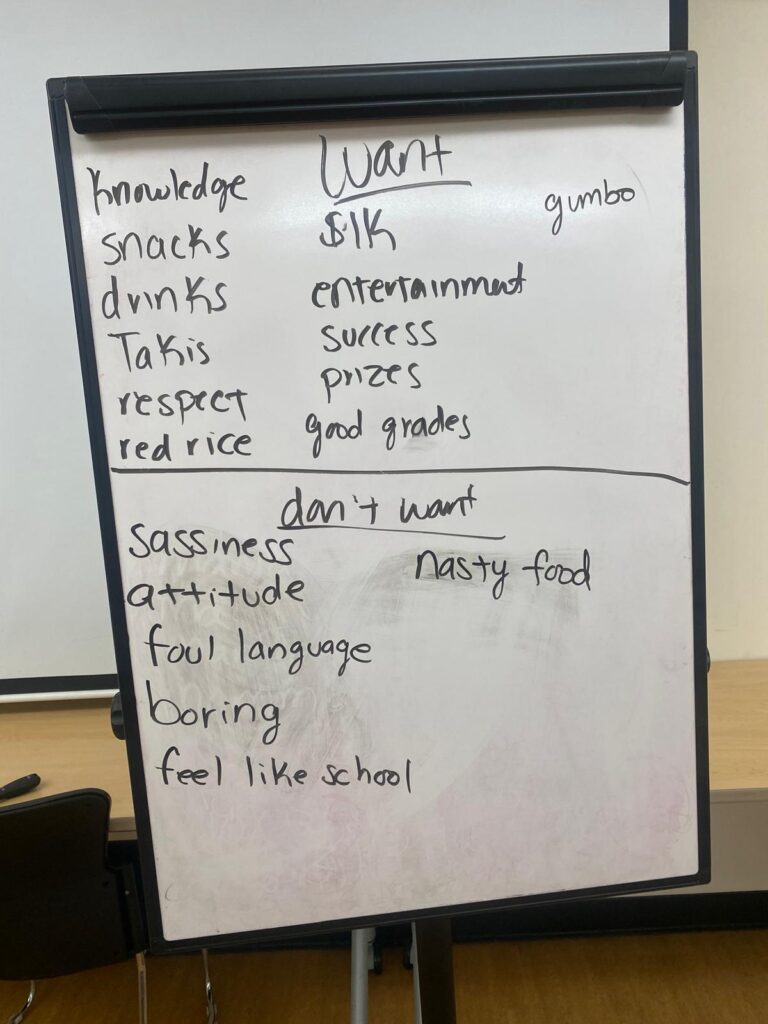
It ain’t just my classroom; it’s ours. Not just my time but ours. And I say that, but I also weave them into designing our classroom culture with me. We discuss what we want and what we don’t want in our space. I start it off to make sure the necessities are on there and to also show them the possibilities. For instance, during summer camp, I say we’re gonna learn in this space and respect each other, but we don’t want it to feel like school and we don’t want nobody being too embarrassed to ask for help. From there, I let them call out more things to add. Inevitably, something will be said that’s a no-go. If they were serious, I’ll explain why we can’t do that but brainstorm with ’em how close we can get to it.
Clarify What’s Okay With Me (and Likely Only Me)
I just finished a virtual series with some students in Philly. One of ’em wore AirPods every single time. He always got his work done though and didn’t need me to repeat myself, so it wasn’t a problem for me. My daughter does the same thing at school, but not all of her teachers are okay with it. I explained it to him like I did my daughter: I don’t mind, but some of your teachers will. That don’t make them wrong; everybody just got their own preferences and definitions of respect, just like you do.
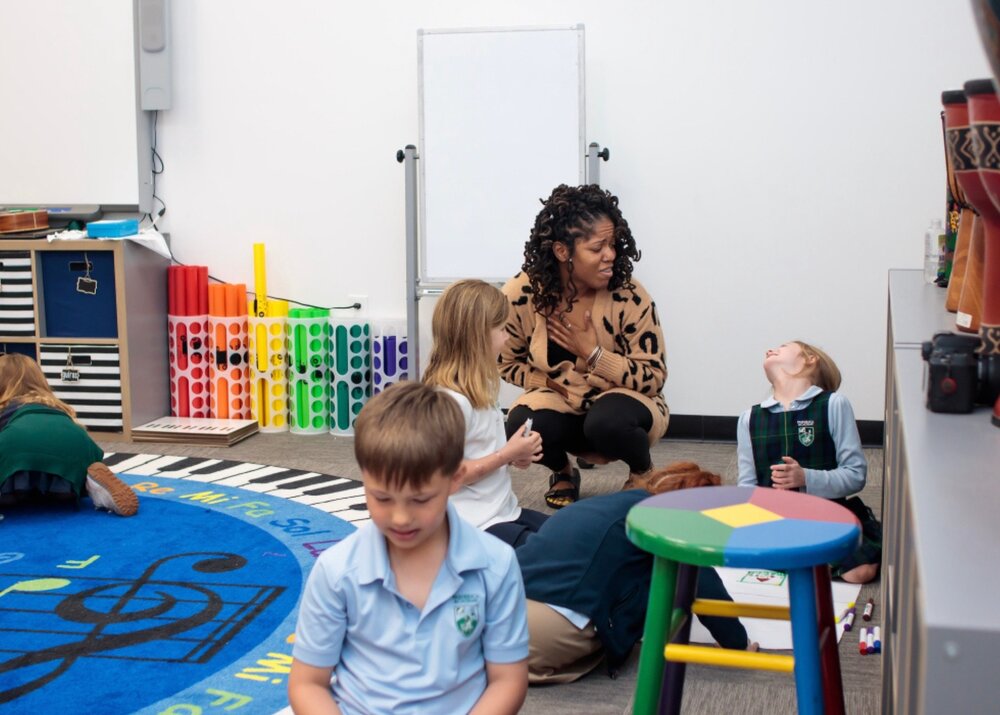
Limit the Red Ink
I don’t know if/how this could work for math, but for English and history, it’s definitely doable. Students who don’t write well usually hate doing it. They hate doing it because bad grades convinced them they can’t. So my first goal is to get them comfortable writing. The more comfortable you are, the more words will come out. The first assignment might be not touch on grammar at all. I just wanna see that you can get four sentences outta your head and onto paper. Then I introduce the concept of “our English versus textbook English” and I give them opportunities to write in both versions.
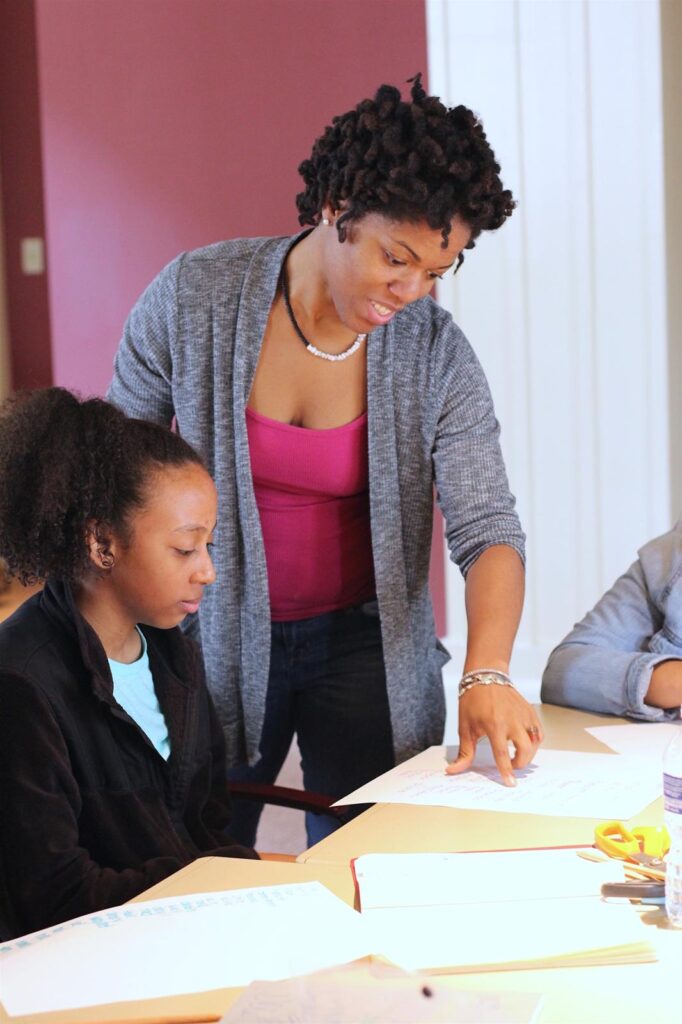
This way, they see themselves as bilingual rather than wrong, and I break down the brilliance and rules of our English. Never fails, they more open to becoming just as good at textbook English as they are at their native tongue. And going forward, I make corrections by saying “textbook English spells it like this,” but the focus is on the content; how clearly and completely the idea is expressed.
Be Honest About Resources Available to ‘Em
That includes ChatGPT, Citation Machine, Grammarly, etc. These are indeed resources, but there are still ethics involved in how you use it. I and all of your teachers will know if ChatGPT wrote your whole paper. It’s okay to get inspiration and even structure for ’em, but it gotta gotta be your own thoughts and in your own words.
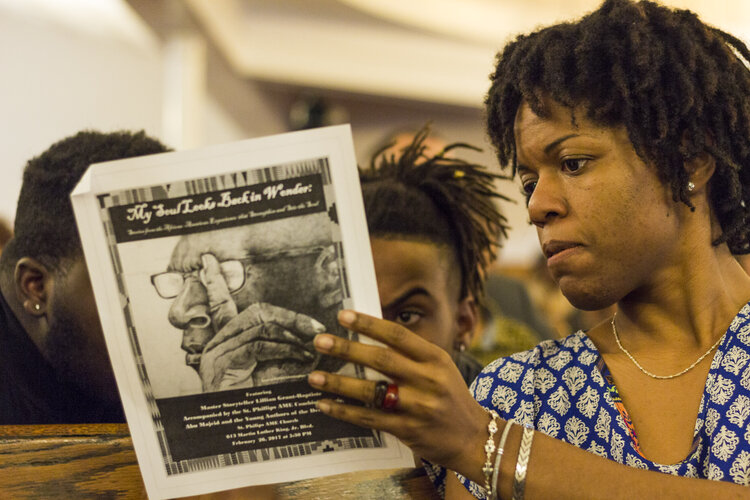
Write ’em a Letter
This is my FAVORITE technique. I find a time to take their notebook home and I’ll use a whole page to write them a letter. In it, I share what I admire about them, traits of theirs that will serve them well in life, tips on things they’re struggling with (especially if that’s attention), and just speaking life into ’em. With my Philly students, I did this via email after they submitted their papers about their oral histories. They loved it!
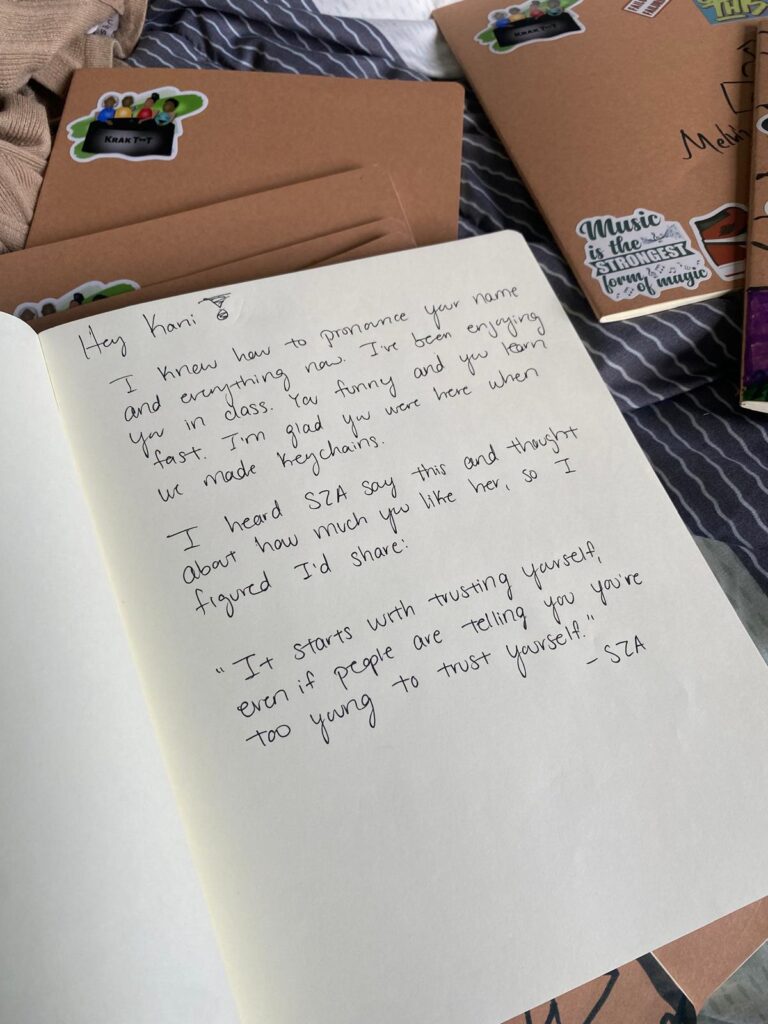
Actually Listen to ‘Em
If I don’t have to do that, then I make time. But it’s listening without interrupting. It’s smiling in the right places, nodding in the others. It’s less telling ’em what they should and shouldn’t be doing and asking questions to figure out where they stand in their decisions (or confusion) and why they stand there. I’m genuinely curious about ’em though and that makes a world of difference.
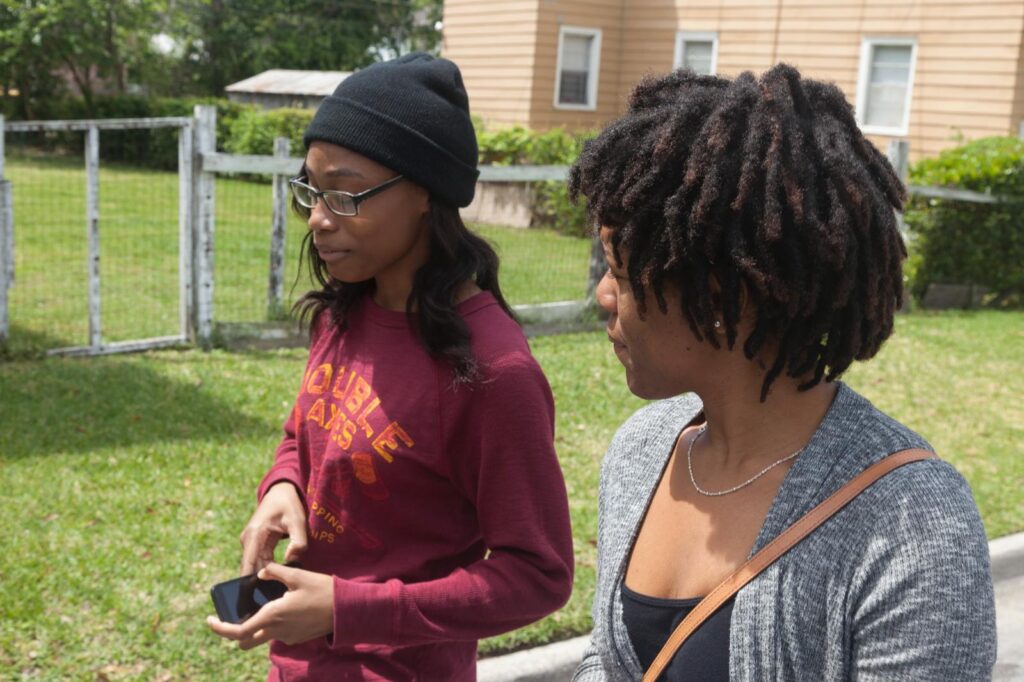


This is such an insightful and important blog…I really admire the work you do and I take things like this into my daily service of community & young folks…I love it, thank you for sharing!
I’m so grateful you read and got something from it! Thank you, Jezmin.